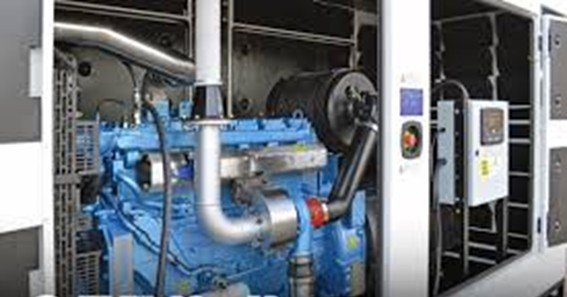When you ask why do diesel require 24v, it’s essential to understand that many diesel-powered machines—from trucks to industrial equipment—operate on 24-volt electrical systems instead of the standard 12 volts found in most gasoline-powered vehicles. This design choice is driven by the need for higher power output, improved reliability, and the capacity to handle heavier loads and more demanding environments.
The Advantages of 24-Volt Systems in Diesel Applications
Increased Power Output:
Diesel engines, especially those used in commercial trucks, heavy machinery, and marine applications, require robust electrical systems. A 24-volt system can deliver more power and handle larger loads than a 12-volt system. The higher voltage reduces the current needed for the same amount of power, which minimizes energy loss and improves overall efficiency.
Enhanced Starting Capability:
Heavy-duty diesel engines need a reliable starting mechanism, particularly in cold weather or under heavy load conditions. A 24-volt system provides the extra power necessary to crank the engine more efficiently, ensuring a smoother start every time.
Improved Electrical Efficiency:
By doubling the voltage, a 24-volt system reduces the current required for operating high-demand components. This reduction in current minimizes the size of wiring and reduces heat build-up in electrical circuits, leading to a more efficient and durable electrical system overall.
Greater Reliability in Harsh Environments:
In industries such as construction, mining, and marine transportation, equipment is often subjected to extreme conditions. The 24-volt system is better suited for these environments, offering enhanced stability and reliability, which is critical for minimizing downtime and maintaining safety.
Scalability for Complex Systems:
Modern diesel vehicles and machinery often integrate numerous electronic components—from advanced engine controls and sensors to communication systems. A 24-volt electrical system can more easily support these additional loads, ensuring that all systems function harmoniously.
FAQ Section:
-
Q: Why do diesel engines typically use a 24-volt system instead of a 12-volt one?
A: Diesel engines, particularly in heavy-duty applications, benefit from 24-volt systems because they provide increased power output, improved starting capability, and greater efficiency, all of which are critical for managing larger loads and demanding environments. -
Q: How does a 24-volt system improve the starting of diesel engines?
A: A 24-volt system delivers more power with lower current, which is especially useful for cranking heavy-duty diesel engines in cold or high-load conditions, leading to more reliable engine starts. -
Q: Are there any disadvantages to using a 24-volt system?
A: While 24-volt systems offer significant advantages, they can be more complex and costly to maintain than 12-volt systems. However, for the heavy-duty applications where diesel engines are used, these benefits typically outweigh the costs. -
Q: Can a 24-volt system support modern electronic components?
A: Yes, a 24-volt system is highly scalable and can support advanced electronic components, including engine control units, sensors, and communication systems, which are increasingly common in modern diesel-powered machinery. -
Q: In what industries are 24-volt diesel systems most commonly used?
A: 24-volt systems are prevalent in industries such as commercial trucking, construction, mining, marine transportation, and any other field where heavy-duty diesel equipment is essential.
Conclusion:
Understanding why do diesel require 24v helps to reveal the technical and practical reasons behind the use of higher voltage systems in diesel applications. From providing enhanced starting power to ensuring overall electrical efficiency and reliability in challenging environments, the 24-volt system is a critical component that supports the demanding needs of modern diesel engines and machinery.










